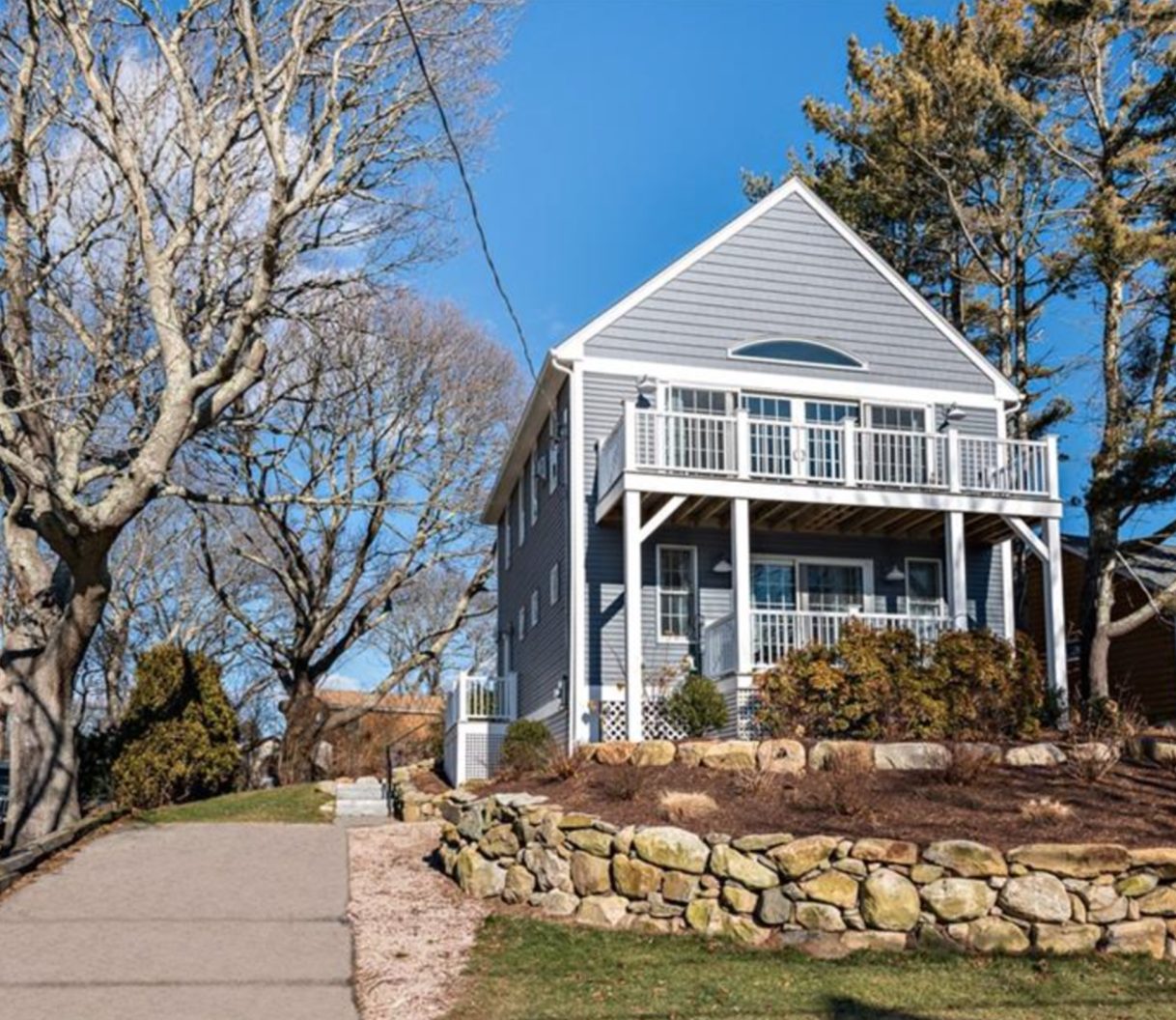
This Harbour Island home in Narragansett sold in 9 days with multiple offers over asking price. Listing courtesy of Mott & Chace Sotheby’s International Realty/Erin Marsh
There is both an art and a science behind pricing a home to sell (and to buy, BTW), and both approaches are critical to consider. As we embrace the current shift from a strong seller’s market to a strong buyer’s market, pricing to sell is more important than ever. Gone are the days of aspirational pricing when sellers could ask for – and receive – wildly inflated numbers.
The science of pricing is almost exclusively quantitative, using a tool called comparative market analysis (CMA). A good agent will conduct their due diligence by gathering relevant information about comparable homes (comps). These are properties within the same neighborhood (or as close as possible) sold within the last 3 months. Depending on velocity of sales, it may be necessary to expand the search geographically or historically. I also like to include active listings and those under contract as a gauge of days on market relative to pricing.
Once the comps have been identified, the agent will plus-and-minus from the property they are pricing (aka the “subject” property), accounting for the number of bedrooms, bathrooms, square footage, lot size and other amenities available. From there, they’ll come up with a range with no more than a $50,000 span.
The art behind pricing is more qualitative and, admittedly, more subjective. It will take into account aspects that are not easily measurable – curb appeal, landscaping, layout/flow, privacy, and even décor. These are the things that can immediately appeal to (or turn off) potential buyers.
You’d be surprised how many times buyers will fall in love with a house and know full well that they are overpaying. They simply “must have it.” On the flip side, a buyer can be immediately turned off by a house that is misplaced in style to its neighborhood. Like a traditional brick colonial in a mid-century modern community or an exterior color that is not to their taste.
Two factors that most agents, myself included, will immediately discount – Zestimates and what I call “What about my neighbor” pricing. If my pricing recommendation matches a client’s Zestimate, I encourage them to play the lottery that day. And, while many sellers can identify a neighbor’s inferior property that sold (or is asking) for a price much higher than I’m suggesting for their home, it’s usually not more than an anecdotal exercise.
Back to the science …
Michael Mosca is a real estate agent specializing in coastal RI properties with Mott & Chace Sotheby’s International Realty in Narragansett, Rhode Island. If you’d like guidance pricing a home to sell or buy: Michael.Mosca@mottandchace.com or 917-287-0950


 Facebook
Facebook
 Twitter
Twitter
 Pinterest
Pinterest
 Copy Link
Copy Link


